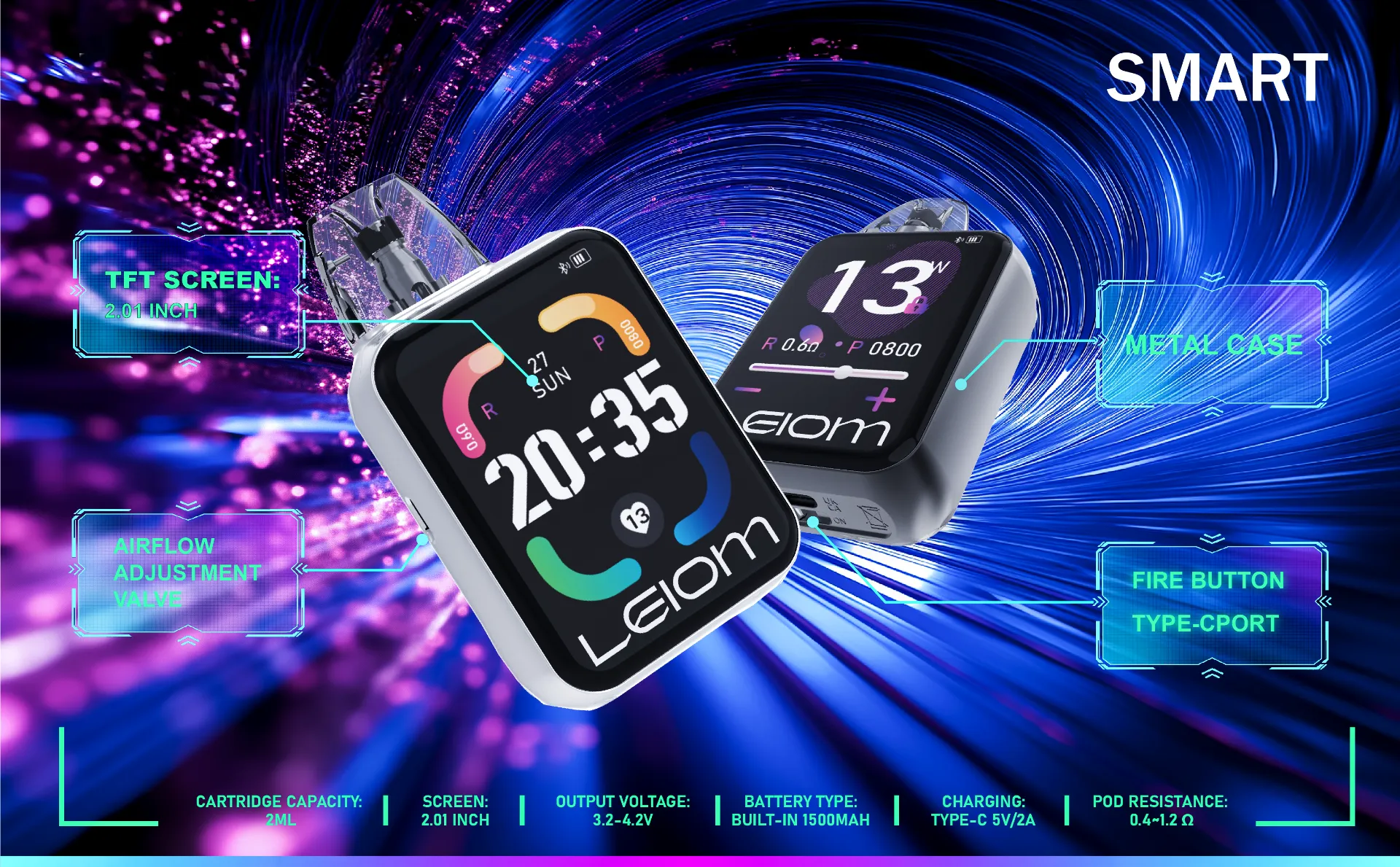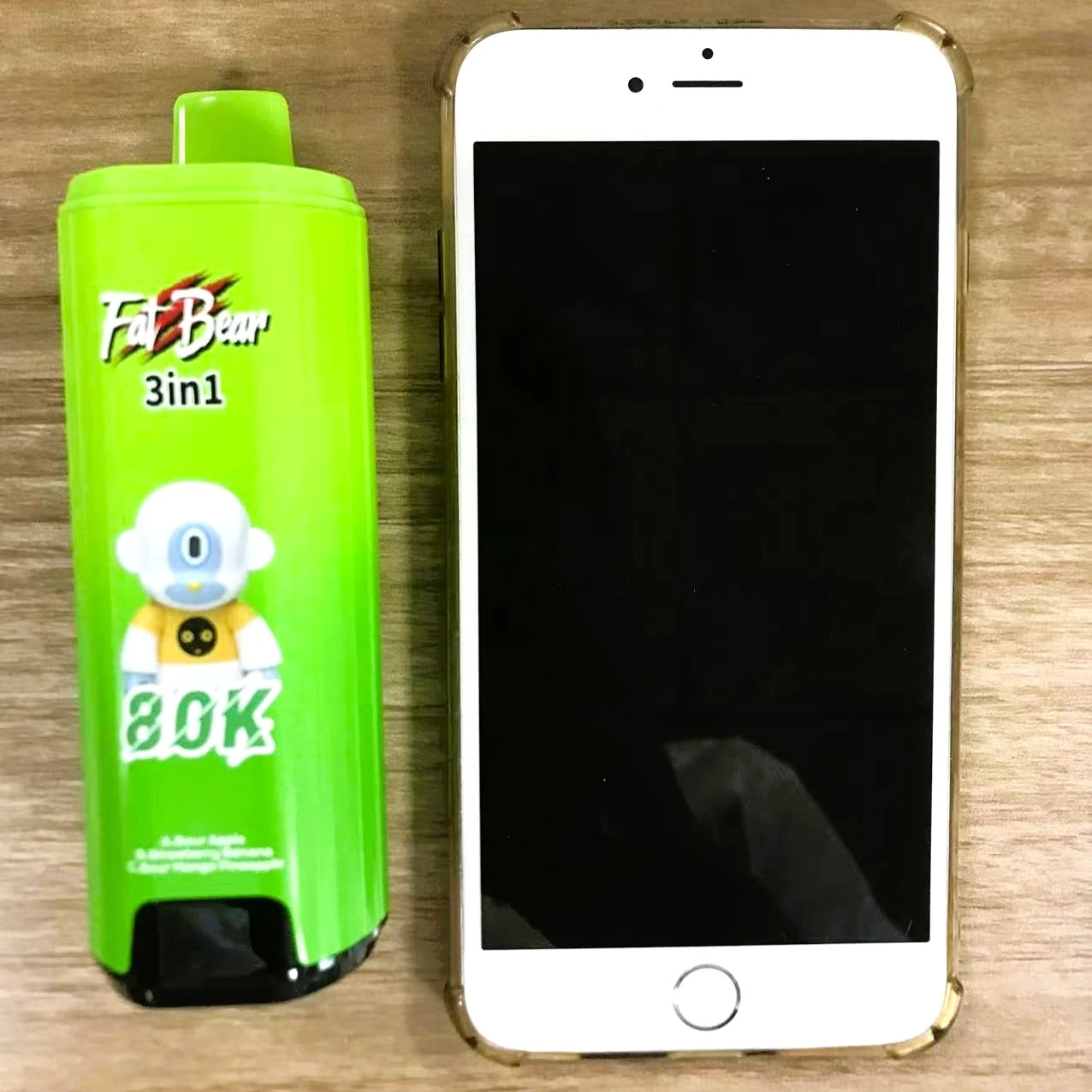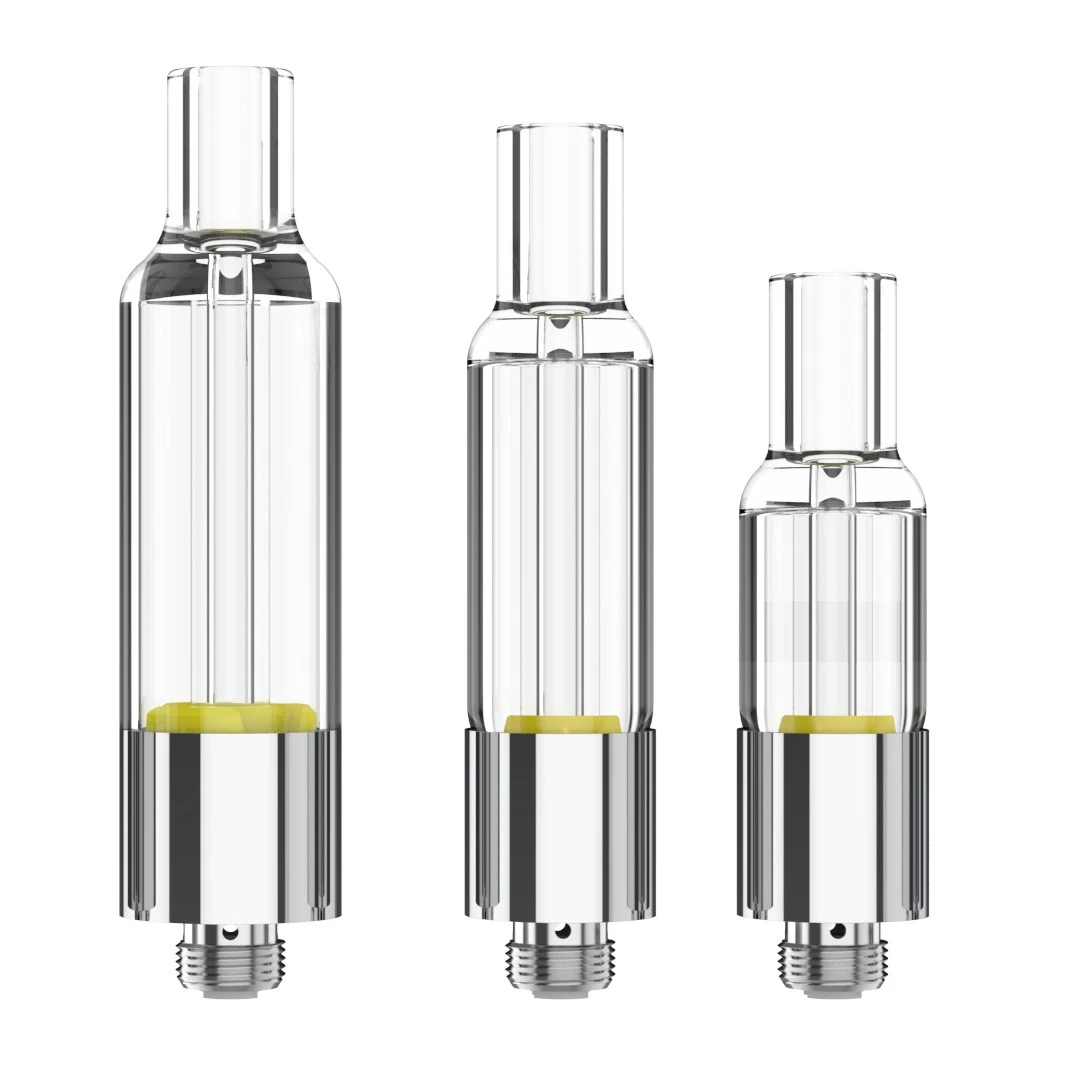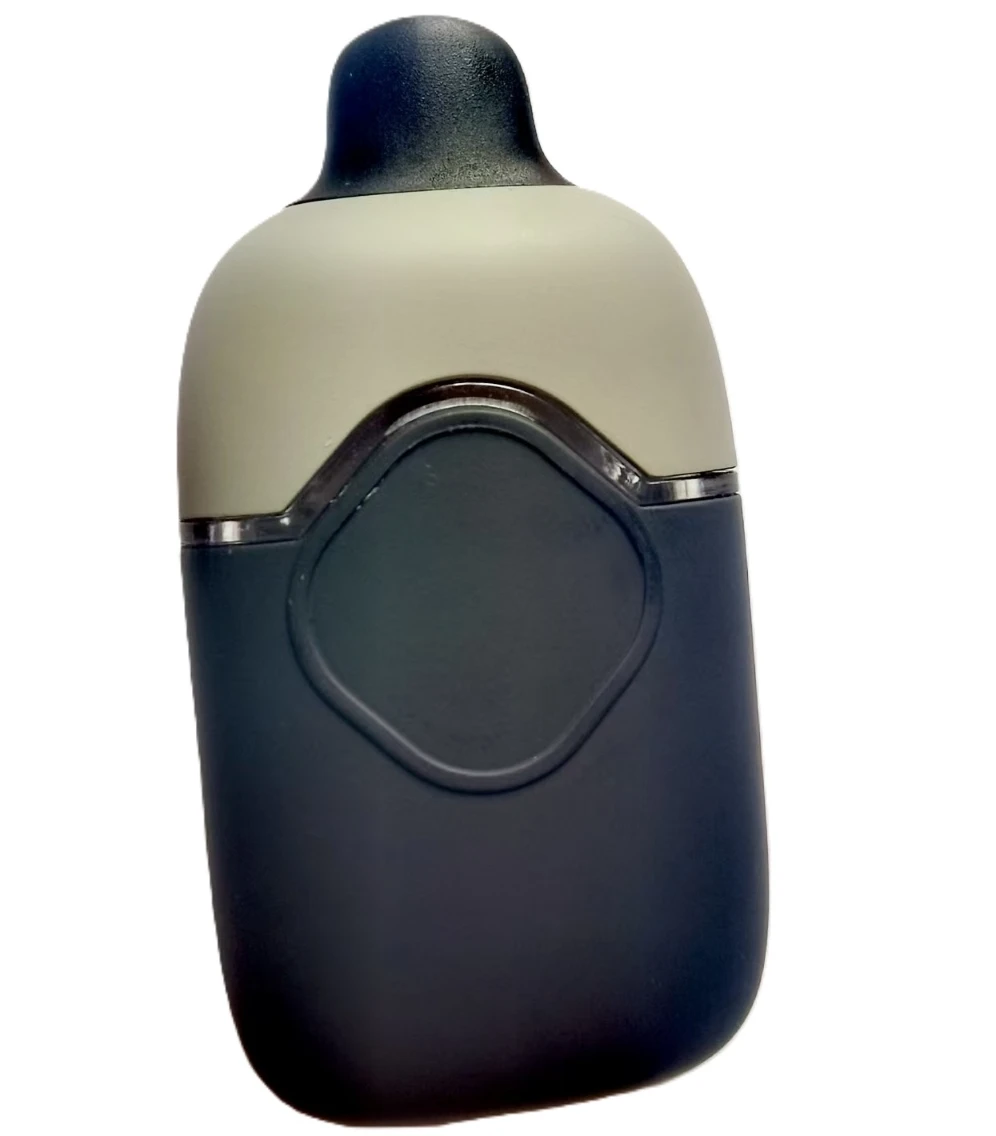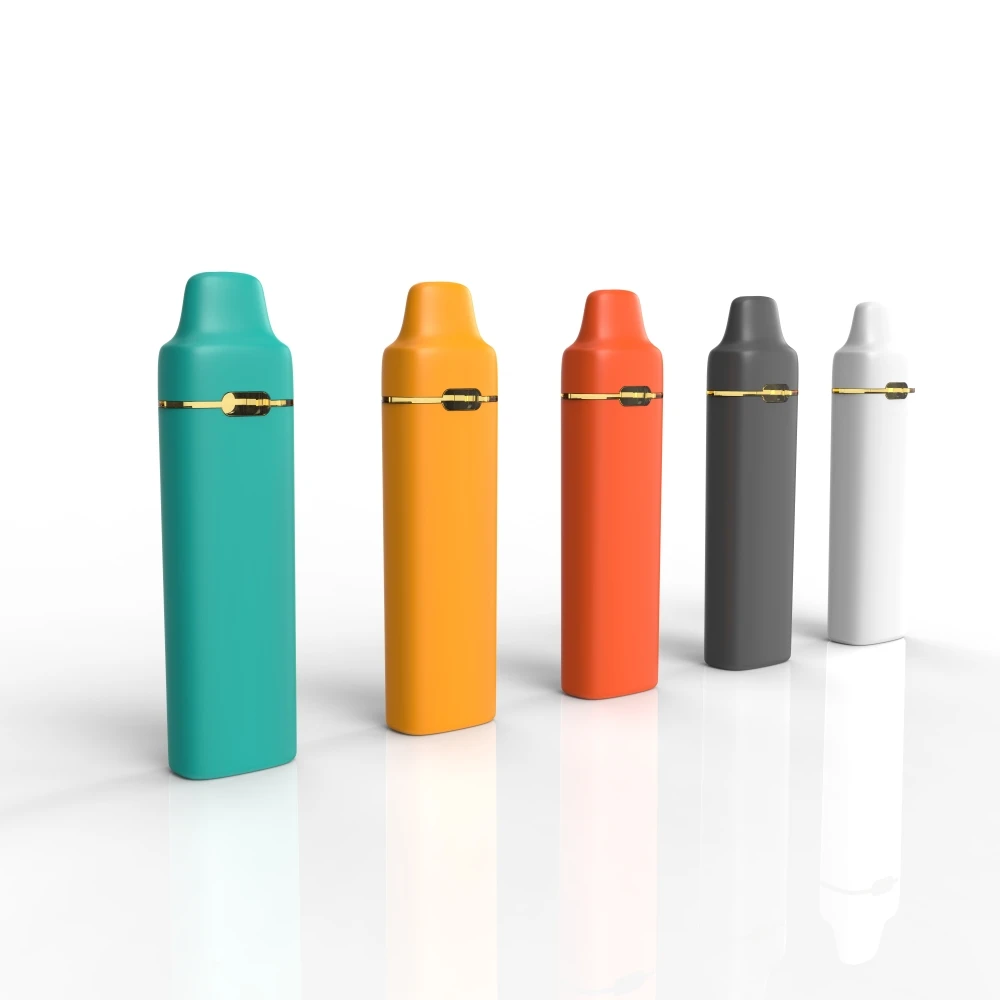Hands-on: New Disposable Vape 2025 DBR Dream Boost 40000 Puff
I’ve walked factory floors from Bao’an to Binhai, and every season there’s a device that makes buyers stop scrolling. This year it’s the New Disposable Vape 2025 DBR Dream Boost 40000 Puff—a touch-screen disposable (yes, really) built around a 1.0Ω dual-mesh coil and a rechargeable 650 mAh cell. On paper it screams long-haul retail winner; in hand it feels surprisingly premium for the category.
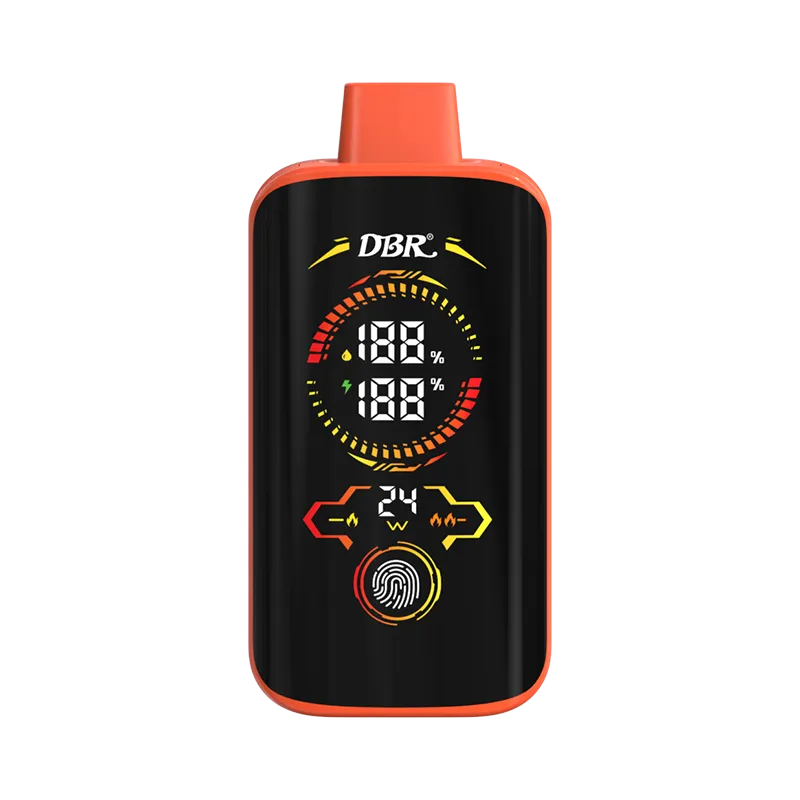
What’s new and why it matters
Trend-wise, disposables are consolidating: higher-capacity tanks (≈25 ml), smart power management, and feature cues from pod systems. The New Disposable Vape 2025 DBR Dream Boost 40000 Puff leans into that with a compact 50.5×25×107 mm footprint, Type‑C charging, and a simple touch UI to monitor battery and estimated puff count. Many customers say the screen isn’t a gimmick—it just reduces “range anxiety.”
Key specifications
| Model | Disposable with touch screen |
| Size / Weight | 50.5×25×107 mm, ≈110 g |
| Materials | Aluminum alloy shell + PCTG reservoir |
| Liquid / Nicotine | 25 ml; 2% or 5% salt (real‑world availability may vary by region) |
| Coil / Activation | 1.0Ω dual-mesh; inhale-activated |
| Battery / Port | 650 mAh rechargeable; Type‑C |
| Puff rating | Up to ≈40,000 puffs (usage-dependent) |
| Package | 200 pcs/ctn; ≈22 kg gross |
| Origin | No.1216, XinSha Rd, Shajing St, Bao’an, Shenzhen |
Manufacturing and validation (how it’s built)
Materials arrive as 6-series aluminum billets and medical‑grade PCTG. Housings are CNC’d and bead‑blasted, then anodized for scratch resistance. Tanks are injection‑molded; dual‑mesh assemblies are pre‑wicked and vacuum‑primed to minimize dry hits. Filling uses metered pumps (±0.2 ml) with in‑line nitrogen purging to cut oxidation. Units are ultrasonically sealed, then:
- Leak test: −30 kPa, 5 min, ≤0.2 ml loss
- Aging: 45±2°C, 24–48 h to stabilize wicking
- Battery safety: UN38.3 regimen (T1–T8) on cell lots
- Electrical: output regulated ≈10–12 W; ripple
Service life: distributors typically report 30–42k puffs depending on draw length, temperature, and nicotine strength. To be honest, colder climates skew higher.
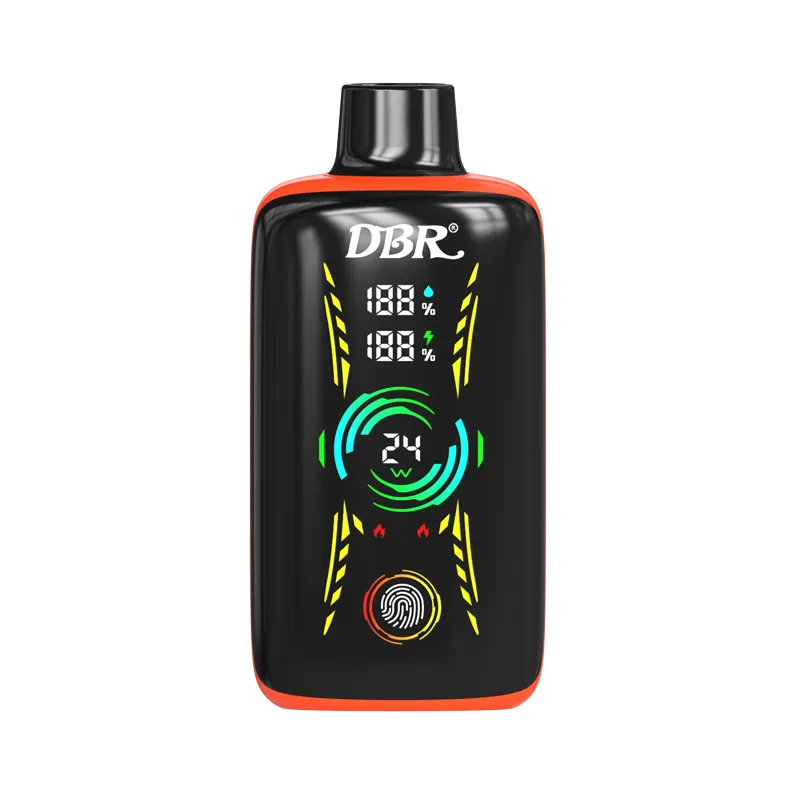
Where it fits (and why retailers care)
Use cases: convenience and gas stations, night-shift canteens, festival pop-ups, and travel retail where charging is sporadic but still possible. The screen, oddly, reduces returns—shoppers can “see” life left. Many shop owners told me impulse conversion is strong when the device is displayed lit.
Vendor snapshot (indicative)
| Model | Rated Puffs | Coil | Battery | Touch UI | Certs (typ.) |
|---|---|---|---|---|---|
| DBR Dream Boost 40K | ≈40k | Dual mesh 1.0Ω | 650 mAh, Type‑C | Yes | CE, RoHS, UN38.3 |
| Competitor A 20K | ≈20k | Single mesh | 500 mAh | No | CE, RoHS |
| Competitor B 30K | ≈30k | Dual mesh | 600 mAh | Partial (LED) | CE, UN38.3 |
Customization and compliance
OEM/ODM options include 2%/5% salt nic, colorways, flavor library (GC‑MS screened), anti‑counterfeit QR, and retail box co‑branding. Note: 25 ml capacities are not for TPD markets; EU channels typically require 2 ml variants. Certifications commonly provided: CE, RoHS, MSDS for e‑liquids, UN38.3 and IEC 62133 on the cell; factory QA under ISO 9001.
Mini case studies
- Gulf-region distributor: 18% sell‑through lift month‑over‑month after swapping 10k devices for New Disposable Vape 2025 DBR Dream Boost 40000 Puff; returns dropped 9% thanks to visible battery readout.
- Festival vendor: one charge top‑up per day sustained all‑evening service; leakage claims near zero across 1,200 units (weekend run).
Bottom line: if you’re sourcing a premium long‑runner with a retail‑friendly story, the New Disposable Vape 2025 DBR Dream Boost 40000 Puff lands in the sweet spot—big reservoir, steady output, and that little screen that, surprisingly, customers keep asking about.
References
- UN Manual of Tests and Criteria, Section 38.3 (Lithium Batteries), United Nations, latest rev.
- IEC 62133‑2:2017, Secondary cells and batteries containing alkaline or other non‑acid electrolytes – Safety requirements.
- Directive 2011/65/EU (RoHS) and EN IEC 63000 technical documentation guidance.
- ISO 9001:2015 Quality management systems — Requirements.
- European Commission, “CE marking – requirements and conformity assessment” (official guidance).
Post time:Oct - 05 - 2025

